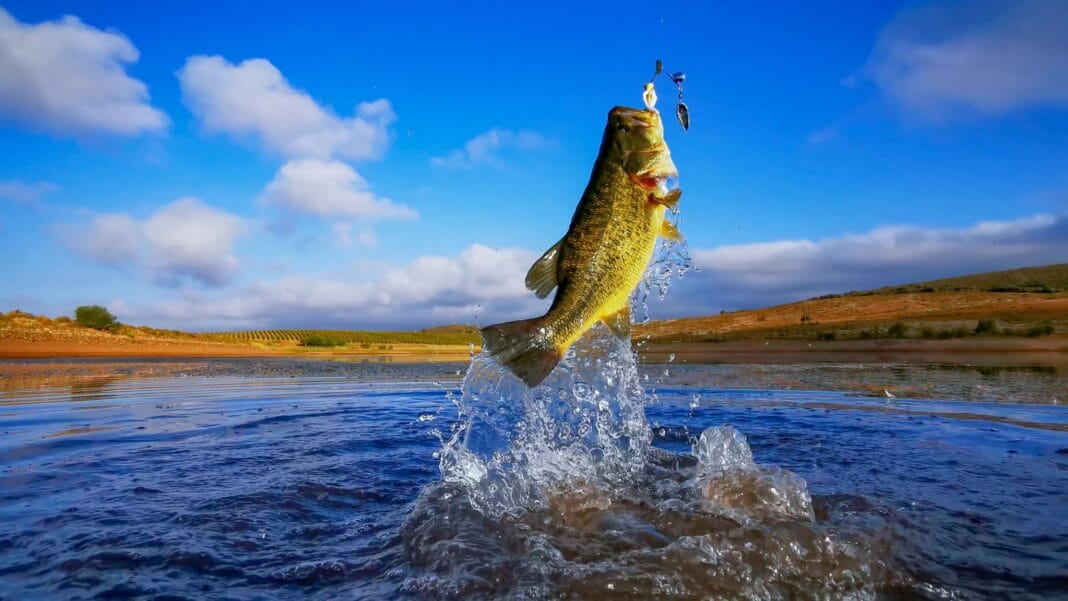Understanding the best fishing seasons is crucial for maximizing your catch and ensuring that you meet local regulations and sustainability practices. In this article, we will delve into the different factors that determine the best times to fish, along with some tips and insights to enhance your fishing experience.
Understanding Fishing Seasons
Fishing seasons are periods during which certain species of fish are more active and abundant. These seasons can vary based on geographical locations, climate, and the particular species of fish you are targeting. Recognizing these patterns can significantly influence the success of your fishing endeavors.
Factors Influencing Fishing Seasons
- Water Temperature: Fish are cold-blooded animals, meaning their activity levels are heavily influenced by the temperature of their environment. Certain species prefer warmer waters and are more active in summer, while others are predominant in colder months.
- Spawning Periods: Many fish species have specific breeding times, during which they are more concentrated in certain areas. This often signifies favorable fishing conditions, as fish are more abundant and easier to catch.
- Tides and Moon Phases: In coastal regions, tides and lunar cycles can play a considerable role in fish behavior. High tides and full moons often result in increased fish activity, providing ideal conditions for fishing.
- Weather Patterns: Weather plays a vital role in fish behavior. Overcast skies, light drizzles, and the calm before or after a storm often lead to increased fish activity.
Season-by-Season Breakdown
Let’s explore how different seasons affect fishing activities across various climates and regions.
Spring
Spring is often considered one of the best seasons for fishing due to the warming temperatures that stimulate fish metabolism and increase their feeding activity. During this season:
- Freshwater Fishing: In lakes and rivers, species like bass, trout, and crappie become more active. They often move from deeper waters to shallow areas, making them more accessible to anglers.
- Saltwater Fishing: Coastal waters begin to warm, and species such as redfish, flounder, and striped bass become more active. This is also a prime time for fishing migratory species as they move along the coastline.
Summer
Summer offers a mixed bag of opportunities, with some challenges due to the heat. Key considerations include:
- Early Mornings and Late Evenings: Fish are generally more active during the cooler parts of the day, avoiding the midday sun and heat.
- Deep Water Fishing: Many fish move to deeper, cooler waters. Targeting these areas, especially in lakes and larger bodies of water, can yield better results.
- Saltwater Challenges: In some coastal areas, increased recreational activity on the water can disturb fishing conditions. It’s essential to find quieter locations or explore offshore fishing.
Autumn
As temperatures begin to drop, fish prepare for the winter months, which can be advantageous for anglers.
- Freshwater Opportunities: During fall, fish like walleye, catfish, and bass feed aggressively, stocking up for winter, making this an excellent time to fish in freshwater.
- Salmon Season: In many regions, autumn is synonymous with salmon runs, providing anglers unique opportunities to catch these prized fish during their upstream migration.
Winter
Winter can be a challenging but rewarding time for keen anglers who are willing to brave the cold.
- Ice Fishing: In colder climates, ice fishing for species like perch, pike, and sturgeon becomes popular. Safety is paramount, as is knowledge of local fish activity under the ice.
- Southern and Coastal Regions: In warmer climates, fish such as redfish and speckled trout remain active, albeit in different patterns, making winter a viable fishing season.
Tips for Successful Fishing
Regardless of the season, there are some universal tips to enhance your fishing experiences:
- Research and Regulations: Always research the specific fish species and local regulations. Regulations often change to protect fish populations, and being updated ensures compliance and sustainability.
- Right Equipment: Adapt your gear to suit the season and targeted species. This includes the choice of bait, lures, and tackle.
- Local Knowledge: Consult with local fishing shops or experienced anglers for insider tips on current fish activity and best spots.
- Weather Awareness: Keep an eye on weather forecasts, as sudden changes can turn a great fishing day into a challenging one.
Fishing seasons play a pivotal role in determining the success of your fishing trips. By understanding the intricate interplay of environmental factors and fish behavior across the year, you can better plan your outings and improve your chances of a bountiful catch. Whether you’re a weekend hobbyist or a seasoned pro, knowing the best time to fish can enhance both your enjoyment and efficiency on the water.



